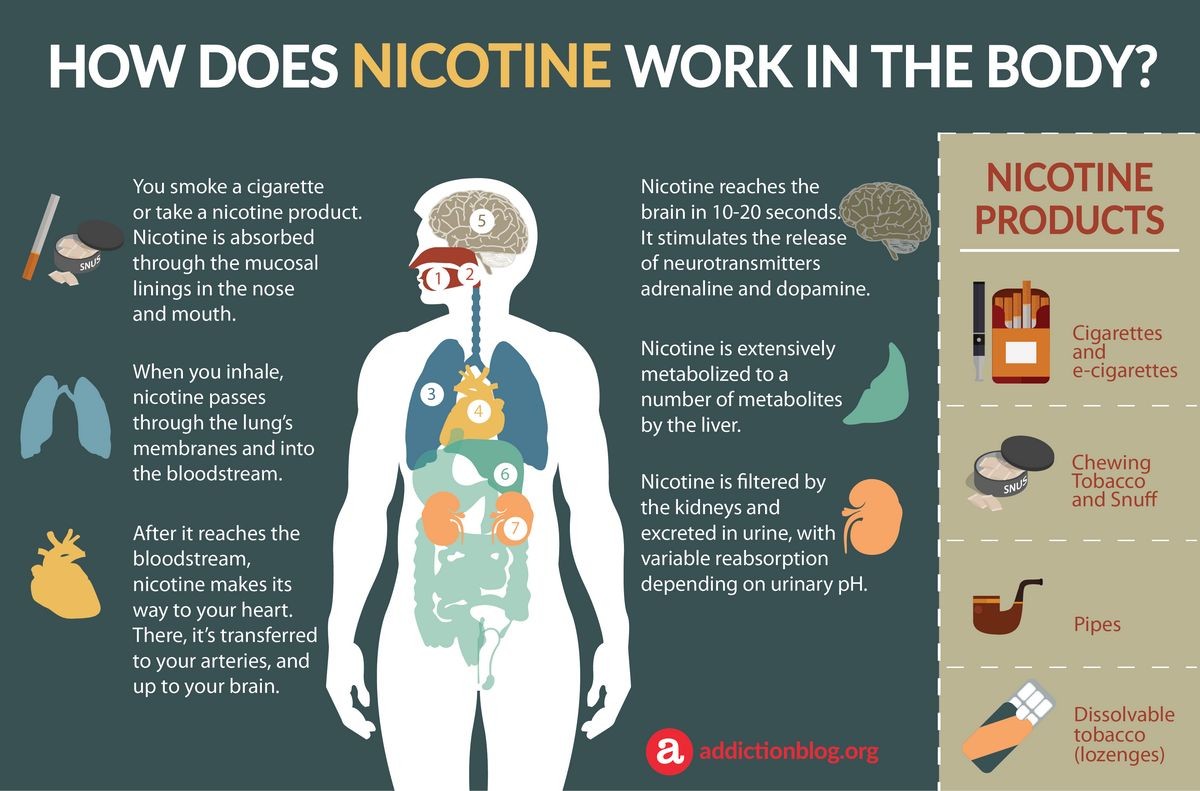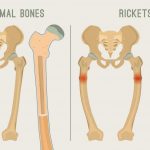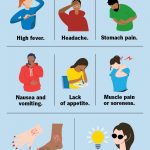
Contents
nicotine lozenge
Nicotine is a chemical compound naturally found in tobacco plants. It is a potent stimulant and highly addictive substance that is the primary chemical in all tobacco products. Nicotine stimulates the central nervous system, but it is also a toxic chemical associated with heart disease, cancers, and other chronic diseases.
Nicotine lozenges are used as nicotine replacement therapy (NRT) to help quit smoking. Discontinuing tobacco products abruptly causes nicotine craving and withdrawal symptoms. Nicotine lozenges alleviate cravings and withdrawal symptoms while gradually reducing nicotine dependence. NRT reduces the urge to smoke by providing nicotine through a safer method.
Warnings
- Do not use nicotine lozenges in smokers with the following conditions:
- Hypersensitivity to any of the components in nicotine lozenge
- Life-threatening irregular heart rhythms (arrhythmia)
- Severe or worsening chest pain from coronary artery disease (angina pectoris)
- Recovery period after a heart attack (myocardial infarction)
- Soya allergy, some products contain soya
Side effects of nicotine lozenge
Common side effects include:
- Palpitations
- Irregular heart rhythm (cardiac arrhythmia)
- Rapid heart rate (tachycardia)
- Dizziness
- Increase in blood pressure
- Oral irritation
- Increased salivation
- Sore throat
- Hiccups
- Heartburn
- Indigestion (dyspepsia)
- Nausea
- Vomiting
- Loss of appetite (anorexia)
- Sleep disturbance
- Abnormal dreams
- Insomnia
- Irritability
- Headache
- Cough
Call your doctor immediately if you experience any of the following symptoms or serious side effects while using this drug:
- Serious heart symptoms include fast or pounding heartbeats, fluttering in your chest, shortness of breath, and sudden dizziness;
- Severe headache, confusion, slurred speech, severe weakness, vomiting, loss of coordination, feeling unsteady;
- Severe nervous system reaction with very stiff muscles, high fever, sweating, confusion, fast or uneven heartbeats, tremors, and feeling like you might pass out; or
- Serious eye symptoms include blurred vision, tunnel vision, eye pain or swelling, or seeing halos around lights.
This is not a complete list of all side effects or adverse reactions that may occur from the use of this drug. Call your doctor for medical advice about serious side effects or adverse reactions. You may also report side effects or health problems to the FDA at 1-800-FDA-1088.
Dosages of nicotine lozenge
Lozenge
Adult:
Smoking Cessation
- Weeks 1-6: 1 lozenge every 1-2 hours
- Weeks 7-9: 1 lozenge every 2-4 hours
- Weeks 10-12: 1 lozenge every 4-8 hours
- Do not exceed more than 5 lozenges/6 hours
- Do not exceed more than 20 lozenges/day
- First cigarette smoked more than 30 minutes after awakening: Initiate with 2 mg
- First cigarette smoked within 30 minutes of awakening: Initiate with 4 mg
Pediatric:
- Safety and efficacy not established
Overdose
- Nicotine lozenge overdose can cause symptoms such as nausea, vomiting, diarrhea, abdominal pain, sweating, flushing, dizziness, weakness, disturbed hearing and vision, confusion, palpitations, altered respiration, and low blood pressure.
- Nicotine overdose is treated with symptomatic and supportive care.
Drug interactions with nicotine lozenge
Inform your doctor of all medications you are currently taking, who can advise you on any possible drug interactions. Never begin taking, suddenly discontinue, or change the dosage of any medication without your doctor’s recommendation.
- Nicotine lozenge has no known severe or serious interactions with other drugs.
- Moderate interactions of nicotine lozenge include:
- adenosine
- methysergide
- varenicline
The drug interactions listed above are not all of the possible interactions or adverse effects. For more information on drug interactions, visit the RxList Drug Interaction Checker.
Always tell your doctor, pharmacist, or healthcare provider about all prescription and over-the-counter medications you use, as well as the dosage for each, and keep a list of the information. Check with your doctor or healthcare provider if you have any questions about the medication.
Pregnancy and breastfeeding
- Do not smoke tobacco if you are pregnant, as it can cause low birth weight, spontaneous abortion, and increase the risk of newborn mortality.
- Nicotine replacement with lozenges is safer than smoking tobacco during pregnancy, but avoiding nicotine altogether is safest for maternal and fetal health. Try to quit smoking without any nicotine replacement if you are pregnant.
- Nicotine is present in breast milk and can harm the breastfed infant. Second-hand smoke exposure can greatly harm the infant. Stopping smoking without nicotine replacement is safest for the breastfed infant’s health, but nicotine lozenges are less harmful than smoking while breastfeeding.
- If you are pregnant or breastfeeding, check with your healthcare provider before using OTC nicotine lozenge to quit smoking.
Other things to know about nicotine lozenge
- Follow label instructions exactly when taking OTC nicotine lozenge.
- Let the lozenge slowly dissolve in the mouth, do not bite, chew, or swallow.
- Complete the full treatment. If you need to use the nicotine lozenge for a longer period to quit smoking, talk to your healthcare provider.
- Stop using nicotine lozenge and consult your healthcare provider if you have persistent bothersome side effects.
- Store safely out of reach of children and pets.
- In case of accidental consumption by children or nicotine lozenge overdose, seek medical help or contact Poison Control.
By clicking "Submit," I agree to the MedicineNet Terms and Conditions and Privacy Policy. I also agree to receive emails from MedicineNet, and I understand that I may opt out of MedicineNet subscriptions at any time.
Summary
Nicotine lozenges are used as nicotine replacement therapy (NRT) to help quit smoking tobacco. Common side effects include palpitations, irregular heart rhythm (cardiac arrhythmia), rapid heart rate (tachycardia), dizziness, increase in blood pressure, oral irritation, increased salivation, sore throat, hiccups, heartburn, indigestion (dyspepsia), nausea, vomiting, loss of appetite (anorexia), sleep disturbance, and abnormal dreams. Consult your doctor if pregnant or breastfeeding.


